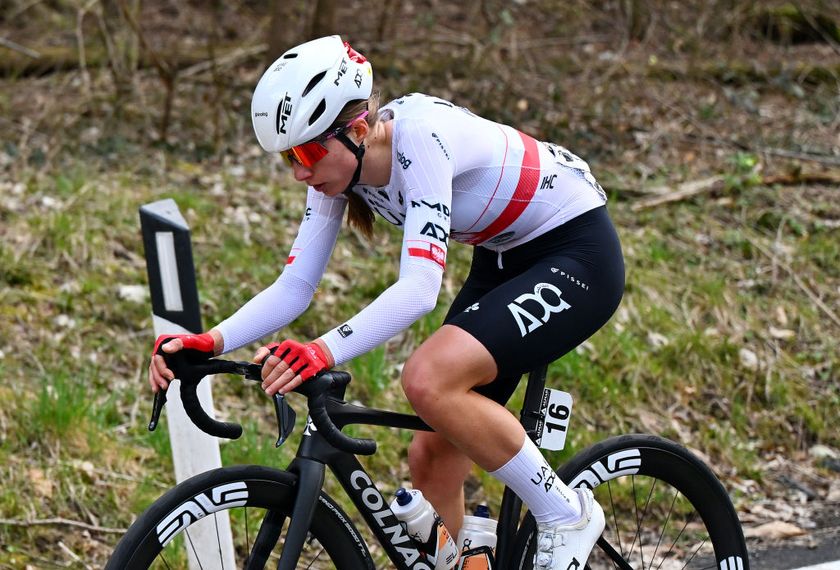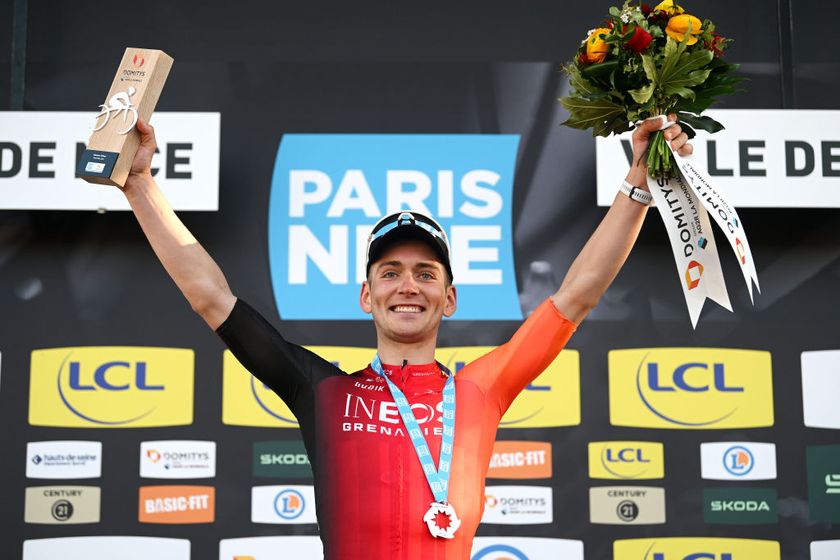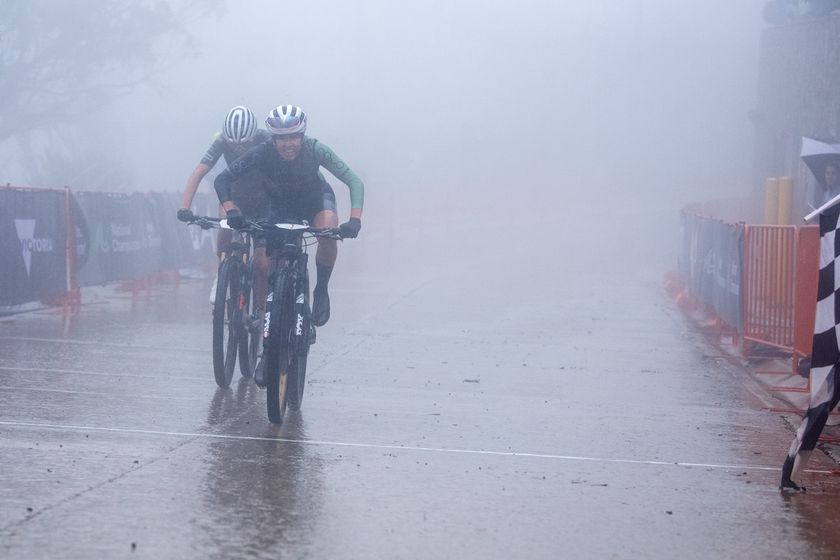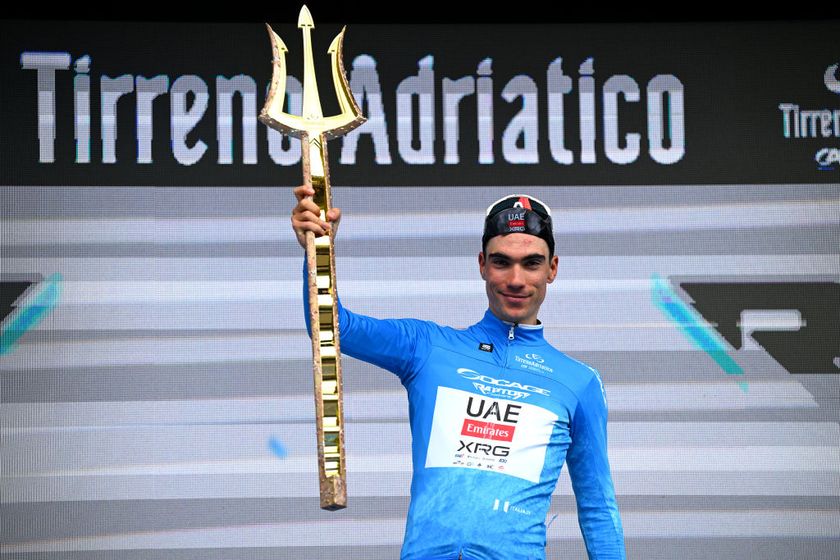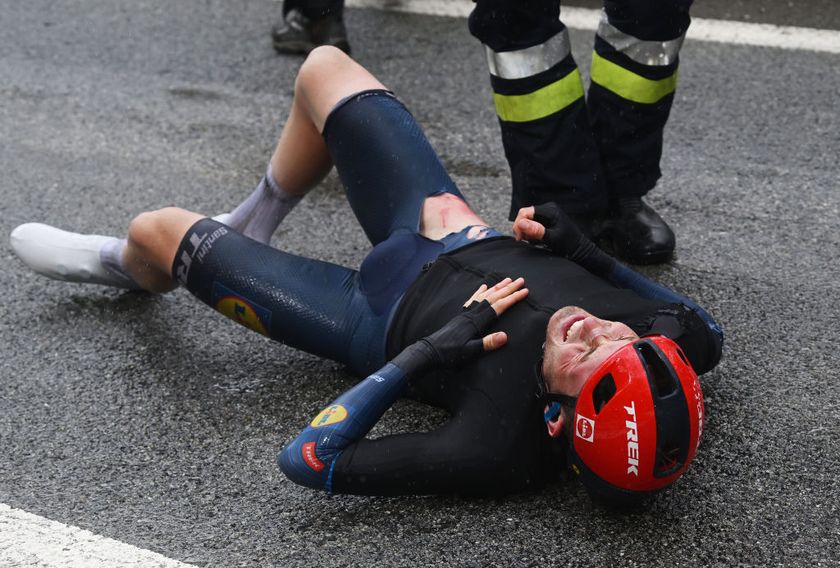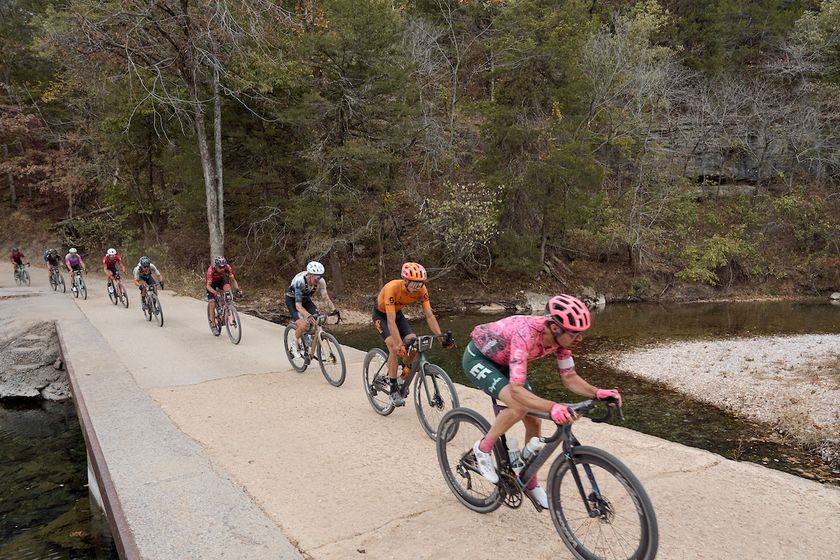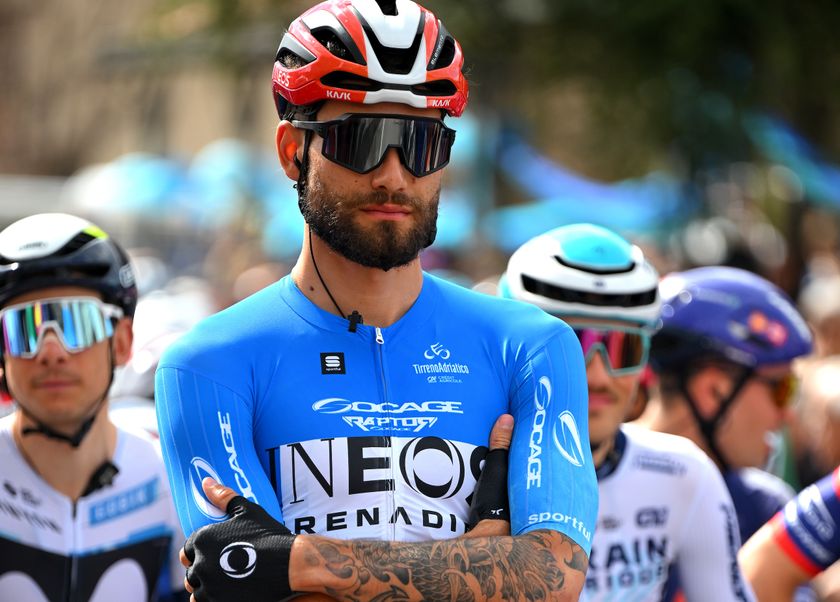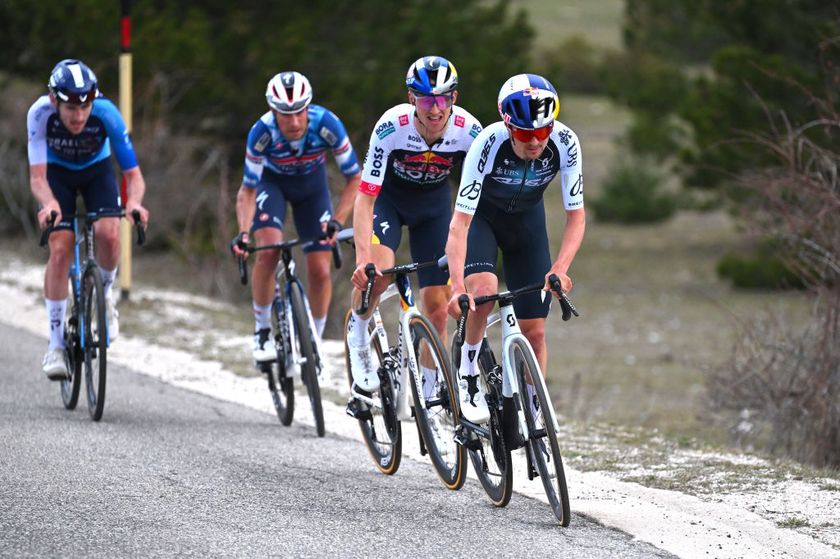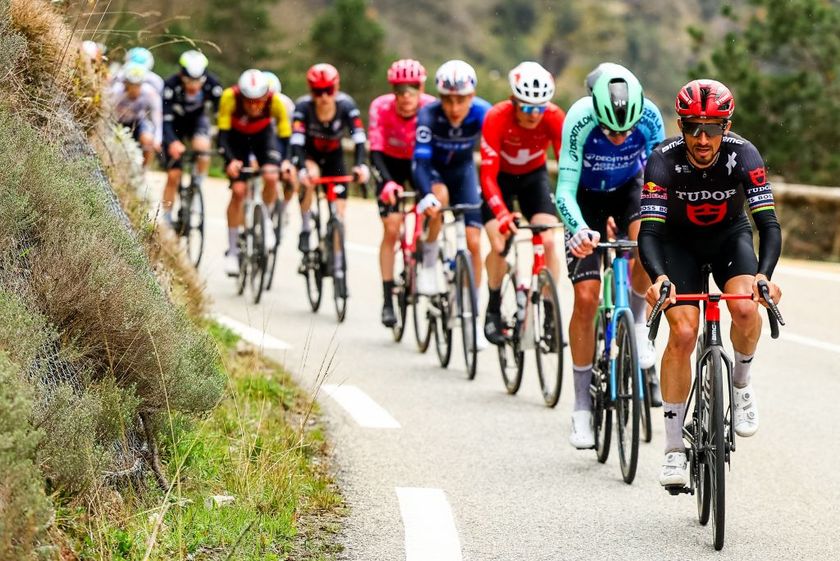Westra admits using TUEs for performance enhancement
'We’re shocked about the news' say Astana
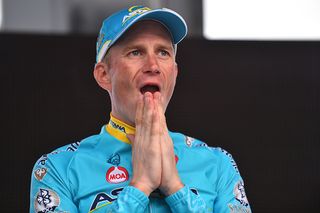
In a new book coming out next week, former pro Lieuwe Westra says he used cortisone regularly during his career and that he relied on Therapeutic Use Exemptions from the UCI to get past anti-doping tests. Coritsones are forbidden for use in competition without a TUE.
In an article in the Leeuwarder Courant posted Saturday morning, Westra is quoted as saying in the book that he had used knee pain as an excuse to obtain TUEs that allowed him to target cortisone use during Important peak times in his season.
"The medical certificate I received often with a feigned injury, for example an inflammation in the knee," Westra says in the book. "It took years to recover an injury to the knee.
"I shot it in my own body to cycle faster, to grab prizes, to receive compliments. In my first professional year it became clear to me that with only hard training no victories were achieved," Westra admits in the book. "If you wanted to join the big boys, you had to look up the limits of the permissible.''
Written by author Thomas Sijtsma, the book, The Beast, the cycling life of Lieuwe Westra, tells the story of Westra's time in the peloton, where he rode from 2006 through 2016 and then retired following three seasons with Astana. Westra chronicles his battles with alcohol and depression as well as his use of cortisone. In the book, Westra says he is lucky his pro career started after the EPO era had faded.
"I am happy today that my professional career started in 2009 [with Vacansoleil - ed.]," Westra says. "Had I made the switch from the amateurs before, the temptation would have been too strong for me. My hand would have grabbed to EPO or a variant of it.
"I noticed within a few months that riders were guilty of cortisone. It was secretly talked about. You felt no pain after such an injection, you could go deeper and the euphoria became master of your body. Every rider of name provided a medical certificate for classics and other big competitions," Westra says.
Get The Leadout Newsletter
The latest race content, interviews, features, reviews and expert buying guides, direct to your inbox!
Westra rode for Vacasoleil when they were a Pro Continental team in 2009 and 2010, then stayed with the sqaud as they jumped to the WorldTour in 2011-2013. He moved to Astana in 2014 and retired following the 2016 season. A brief contract for the 2017 season with Wanty-Groupe Gobert lasted less than a month before Westra decided he did not want to go on.
Westra says his professional teams did not want to know about riders' PED use or manipulation of the TUE system.
"I think the team management did not want to know what was going on in those years: they could not be called on," Westra says. "Although they often knew it, of course, but we did not talk about it openly. We had to perform and it did not matter to them, as long as we were not caught. Ignorance is bliss.''
In a statement released to media Saturday morning, Astana said they were shocked to read about Westra's admissions of drug use while on the Kazakh team.
"We’re shocked to read about Lieuwe Westra and his use of drugs in the period he had a contract with Astana Pro Team, as the team never provided him with any of the medicines that are mentioned in the media today," the team said in Saturday's statement.
"We’re shocked about the news and we want to make clear that at Astana Pro Team forbidden drugs are never and will never be provided to any rider," the statement continued. "In case that the use of prohibited drugs really took place, Astana Team reserves the right to demand financial compensation from the rider, since the use of doping is strictly prohibited by the internal regulations of the team, which is signed by each rider."
For his part, Westra says in the book that he doesn't not believe he has done anything wrong and feels no remorse.
"I think I can tell the story about the cortisone injections open, because I do not feel that I really did something wrong," he says. "Almost everyone from my generation worked on peak times in this way.
"How do you think the classics specialists and cyclists tried to distinguish themselves from each other? They really did not do anything else. And the 'marginal gains' of Team Sky? Same cloth a suit. If guilt should be appointed, it might be better to look at the doctors in cycling. They facilitate this behavior by helping with certificates."
